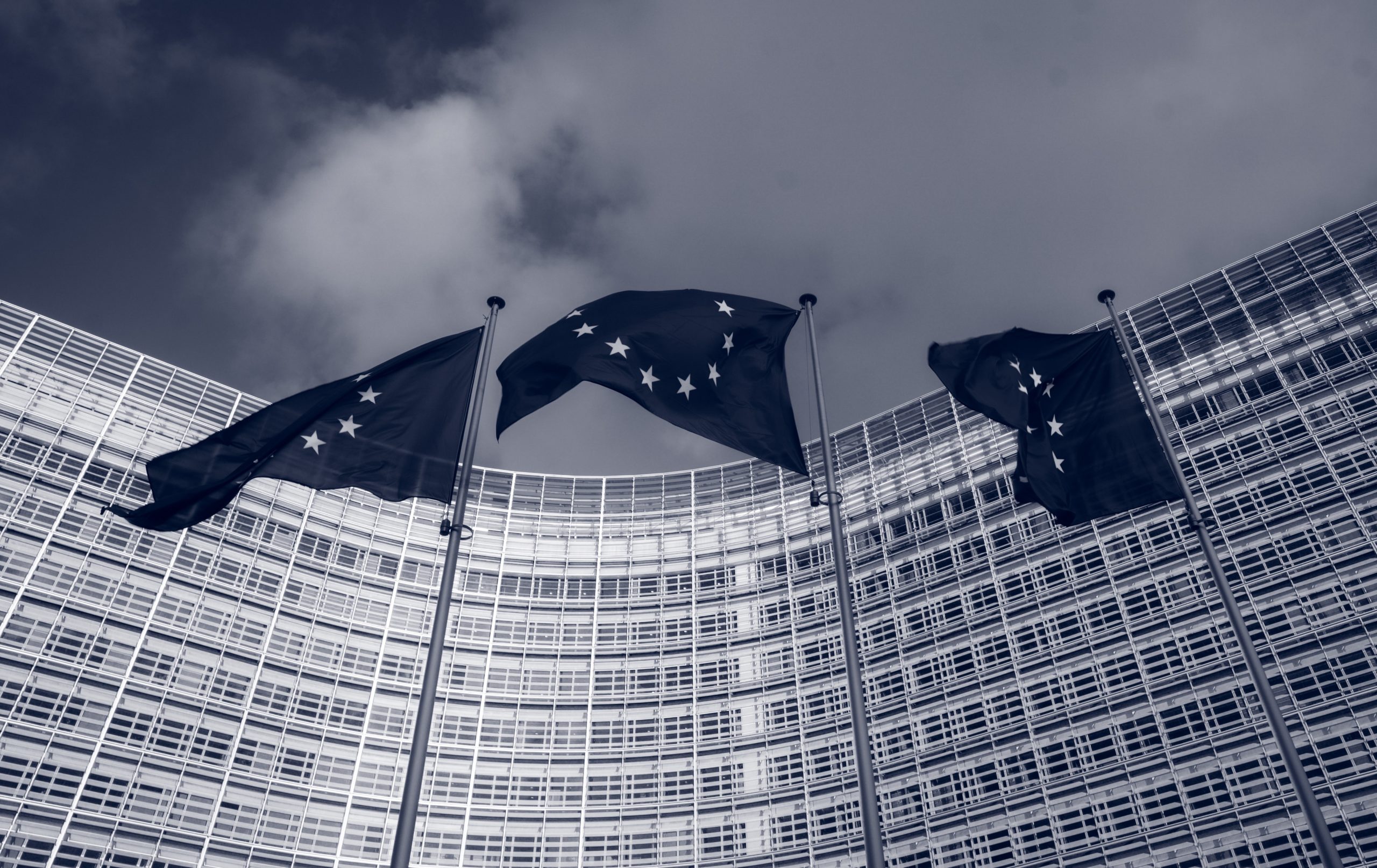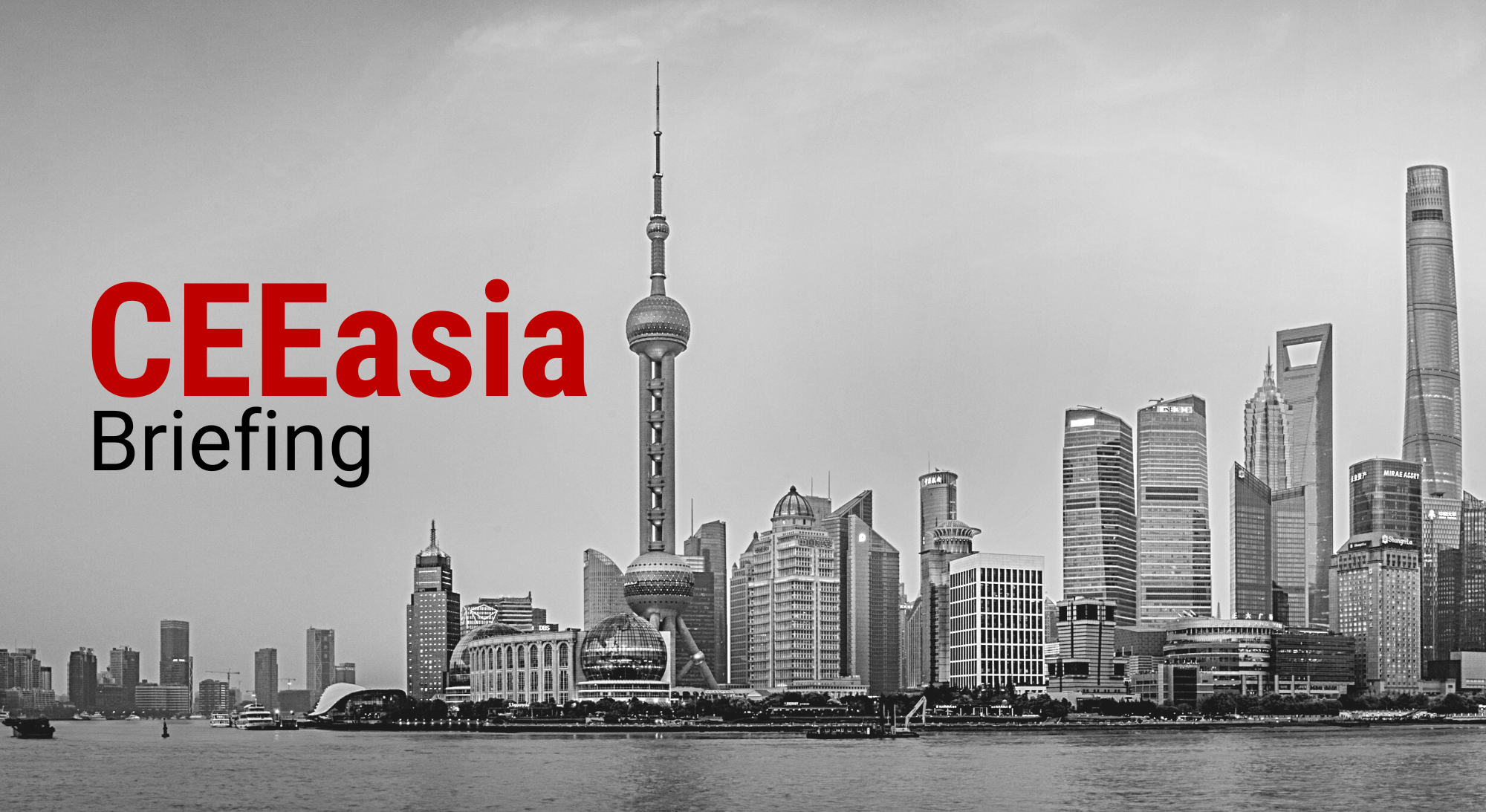Since the days of its first president Vaclav Havel, the Czech Republic has been the leading supporter of Taiwan in Europe and one of the most visible globally. While the EU and its member states are changing their approach toward Taiwan, the level of Czech engagement likely will remain unmatched.
Lithuania attracted international headlines in 2021 due to its approach towards Taiwan, which led to China’s fury. The EU has come to Lithuania’s aid by initiating a WTO dispute over China’s sanctions, although many have criticised it for not doing more. But international media attention over the Lithuanian spat with China has exaggerated the actual level of Lithuania–Taiwan relations. Rather than being the leader, Lithuania was a late-comer in exchanging representatives with Taiwan since most other EU countries did so years or even decades ago.
The Czech Republic can be considered the long-time EU leader in Taiwan relations. In the 1990s, Prague hosted the Taiwanese prime minister and repeatedly called for Taiwanese membership in the UN. In 2020, the President of the Czech Senate Milos Vystrcil paid a visit to Taiwan. This was followed by the Speaker of the Czech Chamber of Deputies Marketa Pekarova Adamova’s visit in 2023. In 2022, Prague hosted a high-profile Taiwanese legislative delegation visit, accompanied by the Minister of Foreign Affairs.
These steps were largely meant to send symbolic gestures of support for Taiwan as a democracy struggling against an authoritarian China. This is visible in the framing of these high-profile exchanges. Vystrcil’s speech to the Taiwanese parliament included the phrase ‘I am Taiwanese’, while Adamova said that ‘we will be with you’. These symbolic claims far outstripped the official purpose of the visits as acts of economic diplomacy.
Beyond the symbolic importance of the relationship, Taiwan–Czech economic relations are also robust. Taiwan is a leading investor in the country. The Czech Republic currently hosts more than €1 billion (US$1.076 billion) in foreign direct investment from Taiwan. As a result, Taiwanese investors create the most jobs in the Czech Republic compared to other East Asian countries. The local branch of the Taiwanese electronics manufacturer Foxconn is the second largest exporter in the Czech Republic. There are talks about more investment, including through the US$200 million Taiwania Capital investment fund based in Prague, which primarily serves the Czech Republic, Slovakia and Lithuania.
But the Czech Republic seems to be pushing the limits in other areas. Most notable is the March 2023 announcement that it would send military equipment to Taiwan and collaborate on developing military drones. If these deals materialise, it will cement the Czech Republic as the leader in supporting Taiwan symbolically and militarily.
These dynamics might surprise those who recall how in 2016, the Czech former president Milos Zeman declared that his country would serve as China’s ‘unsinkable aircraft carrier’ in Europe. Yet the past decade has seen major turbulences in the Czech approach to China.
The Czech Republic reversed its ‘value-driven’ foreign policy after Milos Zeman became president in 2013 and Bohuslav Sobotka became prime minister in 2014. The idea back then was to tone down criticism of China to attract material benefits.
But attempts to woo Chinese investments and increase exports to China bore little fruit. Supporters of pragmatic engagement with China slowly lost interest. Electoral results led to another political reshuffle, which eventually left all of the political forces responsible for the rapprochement with China out of office.
As of 2023, the Czech President, Prime Minister, both houses of the parliament and even the Prague city government are headed by politicians who declare their prioritisation of ‘value-driven foreign policy’ over pragmatic engagements. Taiwan has again become a symbol of this foreign policy direction as the new Czech leaders seek to distinguish themselves from their predecessors.
The EU has been investing more effort into developing relations with Taiwan. But there are reasons to doubt that other EU countries will match the level of Czech engagements with Taiwan.
Ever since the anti-communist Velvet Revolution in 1989, the Czech Republic has been emboldened by the ideas of Vaclav Havel on the Taiwan issue. Havel’s legacy has never been stronger in the Czech Republic than now, after a decade of failure to get material benefits from China. Other post-communist countries lack such strong ideological foundations, leaving the Czech Republic as an outlier case within Eastern Europe and even more so in the rest of the EU.
Czech relations with China are also much less developed and China’s economic role in the Czech Republic is much smaller than that of many Western European countries. China has significantly less leverage over the Czech Republic compared to Germany, France or the EU, which all have huge business and diplomatic interests in China. These interests may be easy targets for China’s punishment should they become too daring on Taiwan.
The Russian invasion of Ukraine spurred Central and Eastern Europe countries to further strengthen their trans-Atlantic links, sometimes at the expense of their relationship with Western Europe. The split was visible in French President Emmanuel Macron’s statement about Taiwan being of little interest to Europe.
Although Czech actions might help embolden others in Europe to increase engagement with Taiwan, it is unlikely that such an approach would ever become the EU’s mainstream position. The Czech Republic’s approach towards Taiwan and China is driven by a specific mixture of ideas and political and economic reality, which are absent in other EU countries, including in post-communist Europe.
This article has been originally published by East Asia Forum.







